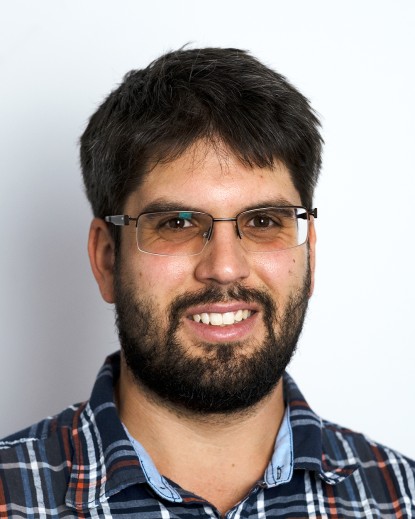Dr.-Ing. Luigi Biondo
Arbeitsgebiet(e)
Kontakt
biondo@rsm.tu-...
Drying is estimated to cost European industry around 30 000 M€ per year in associated energy costs. Every 0.1 % improvement in drying efficiency due to better process control could save around 30 M€/year. Monitoring humidity under transient conditions and at temperatures above 100 °C is a key factor in controlling drying processes. Thus, by improving the reliability of these humidity measurements annual savings of millions of euros can be achieved in Europe.
The quality and shelf life of pharmaceutical products are significantly affected by the humidity of the ambient air during manufacture and storage. Pharmaceutical companies allocate significant resources in order to maintain high quality monitoring of humidity in their production premises and storage facilities. These companies are therefore seeking more efficient calibration methods for humidity sensors and improved methods for spatial humidity monitoring under transient conditions to achieve savings both in costs and materials.
The food industry is the second largest manufacturing sector in the EU with a total manufacturing turnover of over 900 billion euros. Drying and baking are key processes in this sector, and water activity – i.e. equilibrium relative humidity – is a key parameter in controlling the quality of food and feed products. In order to determine water activity, material samples are taken from the process and measured using laboratory analyzers. A significant quantity of material is wasted because of slow feedback, and the optimization of energy consumption is limited by the larger safety margins that are required due to uncertainties which are increased by sampling errors and transient conditions.
More than 180 accredited industrial laboratories in Europe calibrate hygrometers for their customers but none of them can perform calibrations at temperatures above 100 °C or under transient conditions because appropriate methods and techniques are not available. Furthermore, there is no measurement technology available for monitoring fast transients in humidity in the temperature range above 100 °C. Dynamic humidity measurements are an integral part of the environmental tests for various industrial products however no proper methods exist to estimate their uncertainty.
The aim of this project is to significantly improve the accuracy of industrial humidity measurements at high temperatures up to 180 °C and under transient conditions by developing improved humidity measurement and calibration techniques.
TU Darmstadt developed a TDLAS based hygrometer which is designed to be used in both, industrial environment and in metrological measurement chambers. In cooperation with the PTB in Braunschweig measurements of watervapor concentration will be done in a temperature range of up to 100 °C at atmospheric pressure. In cooperation with INRIM in Turin those measurements are extended to temperatures up to 160 °C in a pressure range of 0.5 bar to 6 bar.


